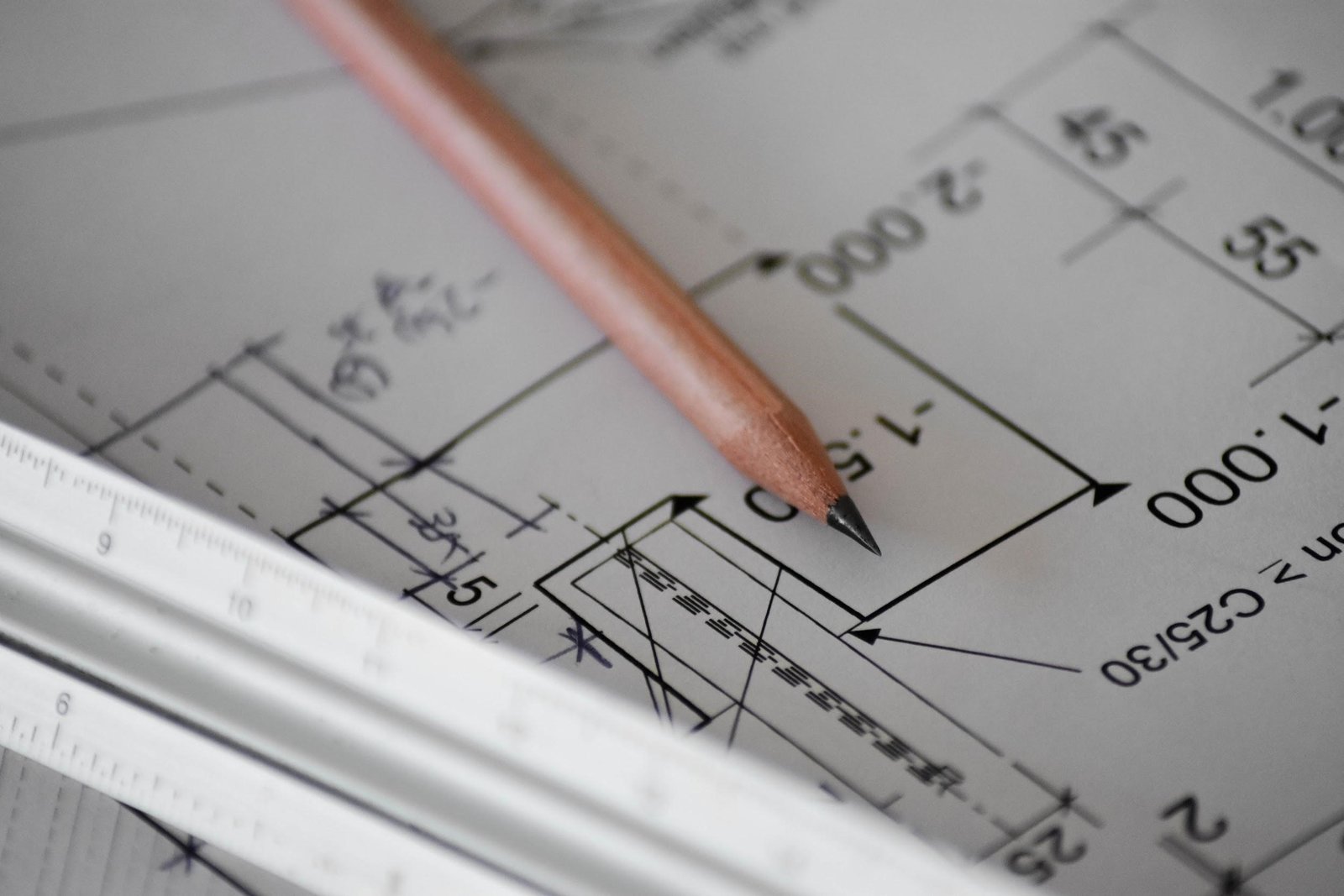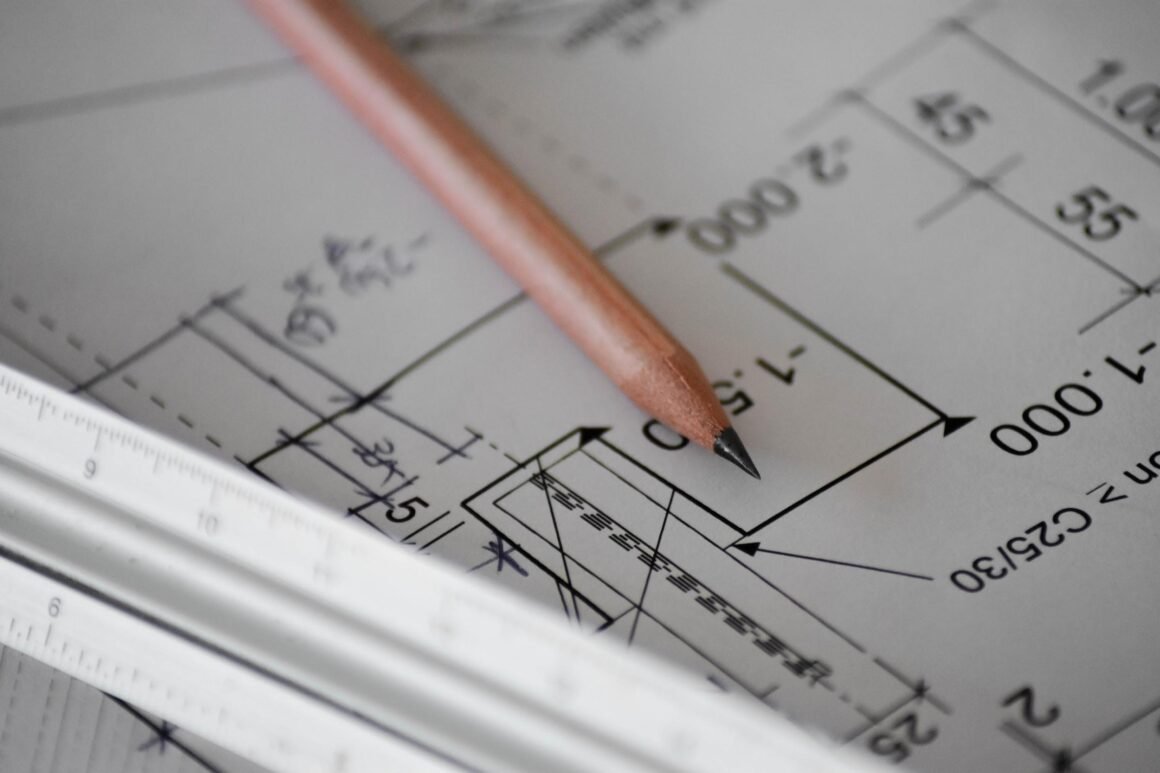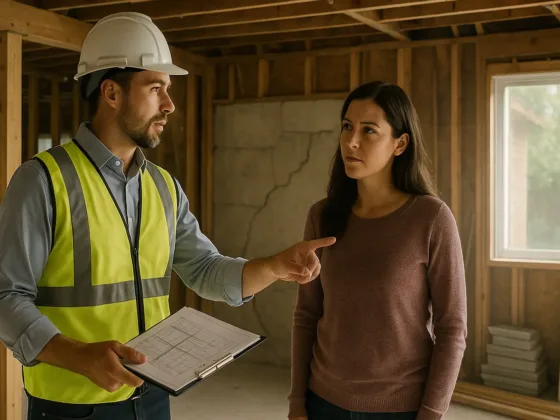Table of Contents Show
So, you’ve acquired a piece of land. You’re ready to get started on an exciting new project, whether it’s a single-family home or an apartment building. Maybe you’ve already got an architect and contractor in mind. You can’t wait to get started.

However, you may be missing the most valuable member of your team. A civil engineer knows how to work with the land and keep your structures safe.
They have the ability to think ahead and solve problems before they even come up. They can even end up saving you money.
What’s not to like? A civil engineer is an absolutely necessary member of a well-oiled machine. They can keep you on track and avoid mistakes along the way.
A civil engineer can help you realize your vision in a way that no one else can.
Is Land Suitable for You?
First of all, you have to consider the land you want to build upon. Whether you’ve got your eye on a piece of land or you’ve already acquired it, you have to consider the land before you get started.
A civil engineer knows the ins and outs of the land in a way that others simply don’t.
How do you get around the red tape? No matter where you plan to design your next property, there are bound to be zoning laws and restrictions limiting your choices.
Rather than getting caught up in them, using a civil engineer as part of your crew will help you avoid violations before they become problems and work with the laws rather than against them.
A civil engineer should also be aware of local regulations that other people on your team may not even consider. The engineer can guide your property development process in a way that meets the surrounding community’s standards while still ensuring that you get what you need.
Beyond following the rules, a civil engineer can look at the land and give you a fresh perspective on it. They can successfully identify topographical features of the land and any water on the property and foresee any potential problems.
This helps them look at your design and make sure you’re working with the land and its preexisting shape rather than fighting an uphill battle with it.
Read Also:
Collaborating with Your Architect and Contractor
When designing your next property, your team just isn’t complete without a civil engineer. A good civil engineer should be equipped with superior project management skills—the glue that holds your project together.
A civil engineer working on your next property is a valuable asset. They can field and answer questions from the architect, the contractor, and the client. They can keep the project on schedule by considering multiple factors at once and avoiding complications.
Above all, a civil engineer can coordinate multiple moving parts, both within the structure you’re building and within your team so that they work together in harmony. Now that’s something you want when designing your next property.
They’ve Got Vision
There’s no doubt about it, civil engineering requires imagination. Whether they’re designing a bridge or an airport, they have to visualize the project and then realize their vision by laying out the steps needed to complete it.
Let’s say your property has one or more existing structures on it. Do they stay or go? Whatever your preference, a civil engineer ultimately knows what’s best. Are they structurally sound? Are there aspects of any structures that can be revamped or partially used?
A civil engineer’s got to have foresight. They have to consider not only the current steps being taken in a project but the future steps as well. This helps them be aware of existing complications and eliminate, change, or circumvent them.
Incorporating Infrastructure
Your master plan, whether it’s in your head or drawn out in blueprints, might seem great at first glance. Maybe you’ve considered both the exterior and interior of any project you plan to put on your next property. However, those plans don’t always translate to real life.
A civil engineer is an excellent person to choose to design your next property because they consider not only the ins and outs of a project, but what actually exists behind the scenes as well.
You may not be aware of the technical difficulties that may arise within a project, but a good civil engineer should. Everything from sewage, water, gas or electricity should be considered when designing a new property, and a civil engineer’s the one to do it.
They Can Save You Money
All of these attributes affect your bottom line. There are no two ways about it—getting a civil engineer to design your next property should save you money.
A civil engineer should get you a better return on investment, or ROI. They can do this by solving potential money wasting problems, like the placement of storm drains and land grading. This lets you completely avoid spending extra simply by thinking ahead.
Their project management skills come into play here as well. A well-managed project eliminates wasted time and resources, right? Using a civil engineer to lead your next project almost guarantees you a more streamlined, and therefore more cost-effective, timeline.
The Value of a Civil Engineer
How do you evaluate the skills, experience, and forward-thinking abilities of a civil engineer? How do you measure the value of putting a civil engineer in charge of your next property?
Maybe you factor in the time a civil engineer will save you. Maybe you consider the clear lines of communication they create and maintain with the whole team. Maybe you look at the pitfalls they’ve helped you avoid, and therefore the money they’ve kept you from spending.
A civil engineer should help you with all of those things, and that’s why they should design your next property. If you want the job done right, look no further than a civil engineer.












